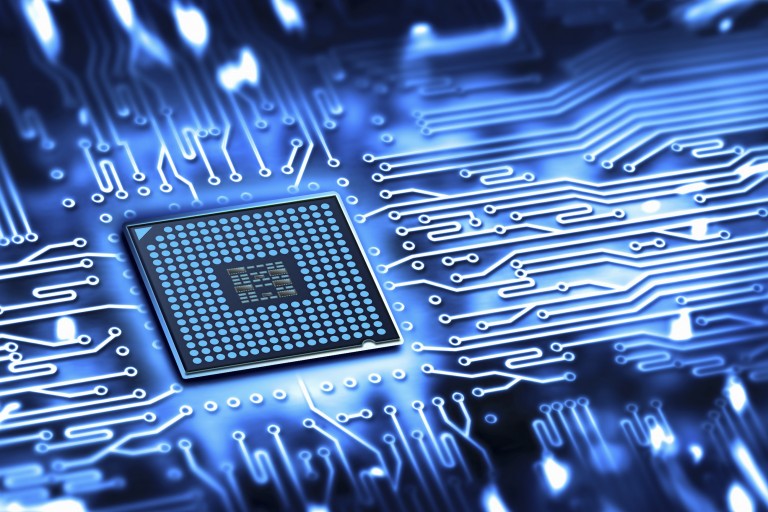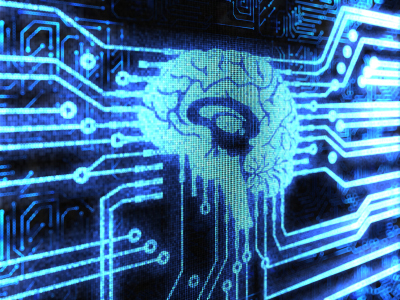
Branches of Electrical Engineering
Electronics Branch
Electrical Energy Systems Branch
Energy systems have evolved to convert the natural energy sources (in their raw form) into usable energy for achieving human goals. These natural energy sources include fossil fuels (such as oil, coal, and natural gas), renewable energies (such as wind, solar, hydro, and geothermal), and nuclear energy. Among these usable energy forms, electricity holds a special and unique position due to its ease of transmission, control, and conversion into other forms of energy. It is considered one of the highest-quality and most reliable energy types.
In today’s industrial applications, electricity serves as a driving force across various domains, from communication and computer systems to large-scale metal smelting furnaces. The field of electrical power systems engineering encompasses all aspects related to the production, transmission, distribution, and conversion of electrical energy into usable forms for consumers. Rapid technological advancements and the integration of sensitive computer-based tools in industrial equipment have created complex challenges for classical power systems. These challenges include new management systems in the electricity market, network stability, security, continuous planning, optimal network control, network reliability, power quality, and operational planning based on real-time data from high-voltage equipment.
To meet the demand for skilled professionals in various power and energy fields, students in this specialization become familiar with a diverse range of topics:
In today’s industrial applications, electricity serves as a driving force across various domains, from communication and computer systems to large-scale metal smelting furnaces. The field of electrical power systems engineering encompasses all aspects related to the production, transmission, distribution, and conversion of electrical energy into usable forms for consumers. Rapid technological advancements and the integration of sensitive computer-based tools in industrial equipment have created complex challenges for classical power systems. These challenges include new management systems in the electricity market, network stability, security, continuous planning, optimal network control, network reliability, power quality, and operational planning based on real-time data from high-voltage equipment.
To meet the demand for skilled professionals in various power and energy fields, students in this specialization become familiar with a diverse range of topics:
The courses in the Bachelor’s Degree of Electrical Energy Systems Engineering (Power Systems) not only acquaint students with this extensive and rapidly growing field, but also prepare them for further studies at higher levels in electrical engineering. The specialized courses within this field include various academic units and projects. Students interested in delving deeper into topics related to this specialization can enroll in diverse courses that will be offered in the future.
In our country, which is abundant in energy resources, the most effective way of utilization or energy conversion is transforming it into electrical energy. This specialization plays a significant and unique role in the development and progress of our beloved country, Iran. Considering the rapid growth of this industry, numerous employment opportunities have emerged for graduates in both government, cooperative, and private sectors.
In our country, which is abundant in energy resources, the most effective way of utilization or energy conversion is transforming it into electrical energy. This specialization plays a significant and unique role in the development and progress of our beloved country, Iran. Considering the rapid growth of this industry, numerous employment opportunities have emerged for graduates in both government, cooperative, and private sectors.
Communications Branch
Given the ever-increasing role of communications and information transmission in human life, as well as the diversity of telecommunications industries within our country, the education of specialized professionals in fields related to understanding the functioning, maintenance, operation, analysis, and design of telecommunications systems is of paramount importance. In the Telecommunications Bachelor’s program, students delve into topics such as telecommunications systems, signal processing, antennas, fields and waves, wave propagation, transmission lines, microwave technology, electronic switching, television systems, optical communications, computer telecommunications networks, radar, and satellite communications. Additionally, they study issues and techniques related to information transmission in radio systems, cables, and space. Furthermore, students gain knowledge about various components, circuits, and systems employed in the field of telecommunications.
The courses in the Bachelor’s Degree of Telecommunications, in addition to acquainting students with the principles of this specialization, are carefully planned to adequately prepare students for further studies at higher levels in electrical engineering. The mandatory specialized program within this field includes several academic units. Additionally, students who have a keen interest in delving deeper into topics related to this specialization can optionally enroll in Master’s level courses in telecommunications.
Control and Dynamic Systems Branch
Digital Systems Branch
Biomedical Engineering Branch
Last Update: 2024-03-23






